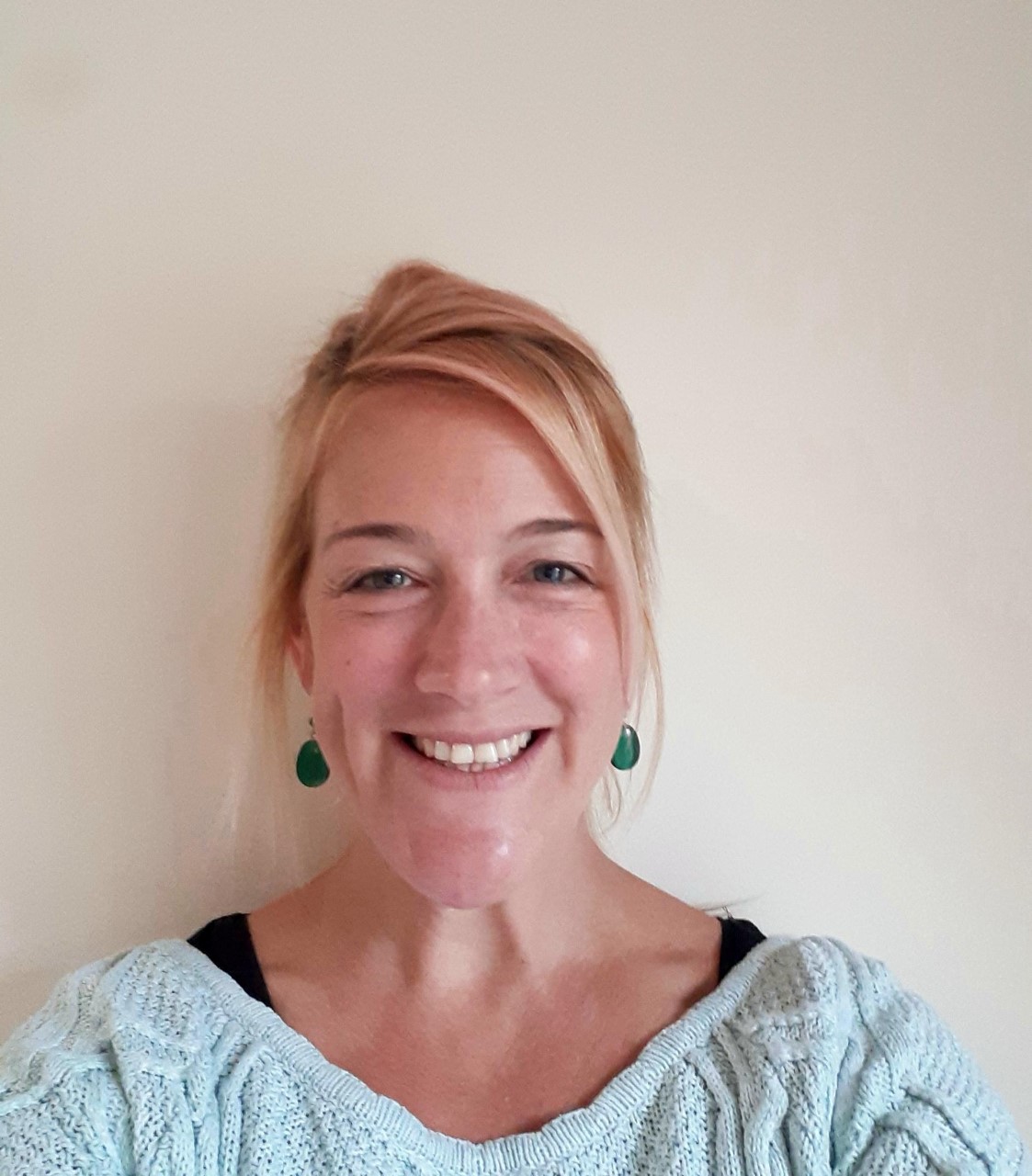I've come up with a few words, using the word TALK, that I feel are important when embarking on and committing to what can feel like a pretty scary decision to start counselling.
The first one is T for Trust the process. Therapy, like most things, has a beginning, a middle and an end - though these can jump about a little from time to time. Trust is the most important aspect of this.
I believe, from my own and other people's experience of therapy, that therapy is a process. A process of acceptance, of change, and of growth. The NBA's Philadelphia 76ers have used the slogan "Trust the Process" for years now, originally coined when they were going through a particularly difficult time as a team, meaning, "things may look bad now, but we have a plan in place to make it better."
Looking at the way the Philadelphia 76ers interpreted this phrase is thought-provoking; I feel that it can quite easily fit into the world of therapy. People more often that not arrive at the decision to commence counselling when their lives are feeling less than happy, average or content.
Whether those feelings stem from anxiety, depression, a bereavement or just a general sense of forlornness, it is through taking this first step in the process and committing to this time that we begin to build trust with our therapists and work together to come up with a plan in order for things to change.
Like most things in life, change comes with its ups and downs, its rejections and acceptances and it is through the processing of, and eventual acceptance of, these nuances that we are able to lead a more grounded, happier and mindful existence.
Trusting not only your therapist but also yourself is a huge first step in this process and one that can often take some time. It is important to mention that it is vital to feel comfortable with your therapist, so if it doesn't feel right you are always welcome to try somebody else.
Trusting somebody takes time, like in any relationship, and when it comes to therapy, the process of learning to trust means being able to feel safe enough to share your vulnerabilities, your fears and your inner most thoughts, whilst at the same time trusting implicitly that this is being listened to and held by your therapist in a completely non-judgemental, empathetic and congruent way.
Trusting that this process you have embarked on is going to take time, things wont change over night and patience with yourself if needed. Taking care of you, being kind to yourself and trying to not rush through are all important things to remember.
Thinking about your goals, or as I like to call them, achievements - the things you would like to achieve through your therapy, is a often a good way to help balance the feeling of wanting everything to be OK straight away verses taking it one day at a time, allowing the setbacks, celebrating the achievements and trusting the process.
As Neale Donald Walsch, bestselling author, says: "Everything is falling together perfectly, even though it looks as if some things are falling apart. Trust in the process you are now experiencing."
On the flip-side of all this is the therapist's experience of trusting the process. We too as therapists need to trust the process that is playing out before us. It is imperative that we allow our clients to guide us at their own pace, following their journey and not allowing our own stuff to get in the way. Whilst we may at times challenge our client's negative self beliefs and guide them into thinking in a more positive way, it is only when our clients are ready to receive this information that the process of change will take place for them.
What works for some may not work for others, there is no quick fix for all. After all we are unique beings with our very own experiences and backgrounds. How we have processed these experiences can be very different from one person to the next and as a therapist we need to take this into consideration. We need to trust that whatever our clients have gone through up until now, whilst it may not have been the most positive way of processing their experiences, for them, at the time, it was the safest.
Forming and maintaining a relationship of any kind is a two-way street. Committing to therapy is a two-way street and trusting the process is a two-way street.
I truly believe that everybody has the power within them to make great changes.
Trust yourself, trust your therapist, trust the process.
Victoria Champion is a verified welldoing.org therapist in Surrey

